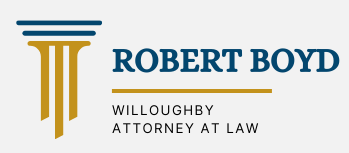Options to Consider if You Can’t Meet Your Chapter 13 Bankruptcy Payment Plans

If you fall behind on your Chapter 13 bankruptcy payments, the Chapter 13 bankruptcy trustee will ask the Bankruptcy Judge to dismiss your case. You will still have other options to re-instate your case.
Make Good on Your Payments
Many debtors for Chapter 13 bankruptcy miss payment plans due to a temporary financial emergency. After the emergency passes, you may be able to get caught up if there is enough time left in your plan. If you are facing dismissal, you can often explain your circumstances to the Bankruptcy Judge and get additional time to catch up on the payments.
Change Your Chapter 13 Bankruptcy Payments
If your financial emergency is not temporary (if you lose your job), you may be able to modify your payment arrangements. In order to change your payments, you have to propose a new amount to pay and give the court documents that support your claims that your circumstances have changed.
Ask for a Hardship Discharge
If you are not able to carry on with your Chapter 13 bankruptcy arrangement, you might be able to request what is called a hardship discharge. This means that you may be granted a discharge even if you have not completed all of the payments. The court looks at your financial situation and finds out what is in the best interest of everyone involved before giving such a discharge. However, it does not get rid of your priority debts like taxes, alimony, and child support.
Converting to Chapter 7
Much like a hardship discharge, if you are not able to afford a Chapter 13 bankruptcy, converting to Chapter 7 is another route to discharging your debts but you will then be assigned another trustee (from the Chapter 7 panel). Chapter 7 will not allow you to make monthly payments to catch up on back child support or house payments. When you convert, you will be given a new trustee for the bankruptcy since your new circumstances do not offer you a Chapter 13. Converting to a Chapter 7 will not get rid of your priority debts similarly to a hardship discharge will not, either.
